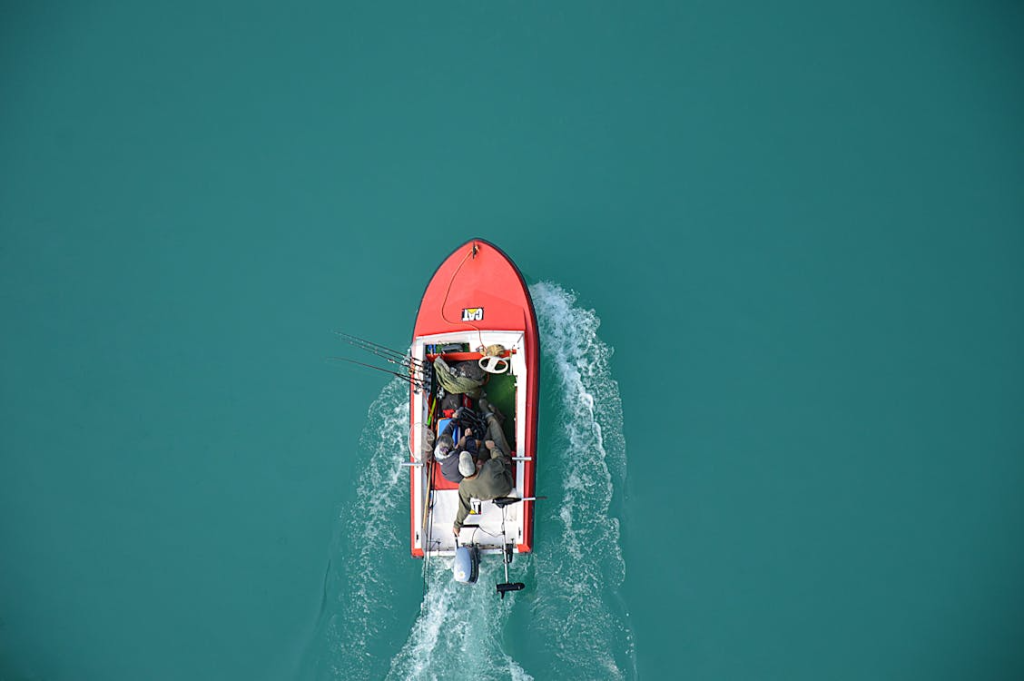
A timeless activity that combines ability, patience, and a passion for the great outdoors is fishing. Whether you are an experienced fisherman or a novice attempting to land your first catch, there are techniques to make fishing more fun and easier. Preparation and the little tips that seasoned anglers swear by may often make the difference between a difficult day on the lake and a successful, enjoyable expedition. Gaining proficiency in these methods will help you make the most of your time and raise your chances of a satisfying catch, from setting up your equipment to comprehending fish behavior.
Select the Proper Lure and Bait
Your fishing success can be greatly impacted by the kind of bait or lure you employ. It is important to pay attention to the water conditions and the species you are trying to capture. A greater variety of fish are frequently drawn to live bait, such as worms or minnows, but artificial lures may work well if you know how your target species behaves. You may find out what lures work best in a certain area by experimenting with different colors, sizes, and styles. You can increase your chances of a successful catch by keeping a variety on hand, which allows you to adjust to the conditions.
Arrange Your Equipment Effectively
Keeping your equipment organized is one of the easiest yet most efficient methods to enhance your fishing day. Lost lures, tangled lines, and wasted time can result from a messy tackle box. Sort your gear first, putting hooks, baits, sinkers, and lures in easily accessible containers. To keep your equipment from becoming wet or damaged, and think about looking into trustworthy fishing boat hire options that might work for you perfectly, or even marking parts and utilizing tiny, watertight containers. In addition to saving time, a neat tackle box also lessens frustration, letting you concentrate on fishing rather than scrounging for the correct equipment.
Acquire the Ability to Read Water
One thing that many novices miss is knowing the body of water they are fishing in. Depending on the time of year, water temperature, and food sources, fish tend to congregate in particular locations. To find the areas that are most active, look for indicators like ripples, shadows, or jumping fish. Fish frequently find refuge and food sources in structures like fallen trees, plant beds, and submerged rocks. You may increase your overall catch rate and decrease the amount of time you spend in ineffective locations by learning to understand these natural indications and effectively placing your bait.
Line Management and Master Knot Tying
If you don’t tie or manage your line correctly, even the best fishing equipment is worthless. You can avoid annoying line breakage and missed catches by mastering a few key knots, such as the Palomar knot or the improved clinch knot. Smoother casts and more control over your lure are also guaranteed by properly managing your line, which includes keeping it untangled, checking for frays, and adjusting tension. Maintaining your setup throughout the day can also be facilitated by keeping a small pair of scissors or a line conditioner with you. You may increase your fishing efficiency significantly by making small adjustments to your line management.
Remain Relaxed and Organized
Being comfortable is essential to having a good time while fishing because it might be a test of patience. Long hours by the water might be more enjoyable if you pack drinks and food, bring a comfy chair, and dress for the weather. A first aid pack, bug repellent, and sunscreen are necessary supplies that can save small problems from spoiling your trip. Furthermore, making a list of necessary equipment guarantees that you never overlook anything crucial, such as extra hooks or a net for catching bigger fish. Being organized enables you to concentrate on the experience rather than resolving preventable issues.
A good fishing day is the product of planning, observation, and simple yet powerful tactics rather than pure luck. An average day by the lake may be made more pleasurable and productive by planning your equipment, choosing the appropriate bait, reading the water, learning knots, and making sure you’re comfortable. You may boost your chances of making the ideal catch, save time, and lessen tension by putting these tips into practice. These methods help make every day spent on the water enjoyable, stress-free, and full of special memories since fishing is as much about the voyage as it is about the catch.
